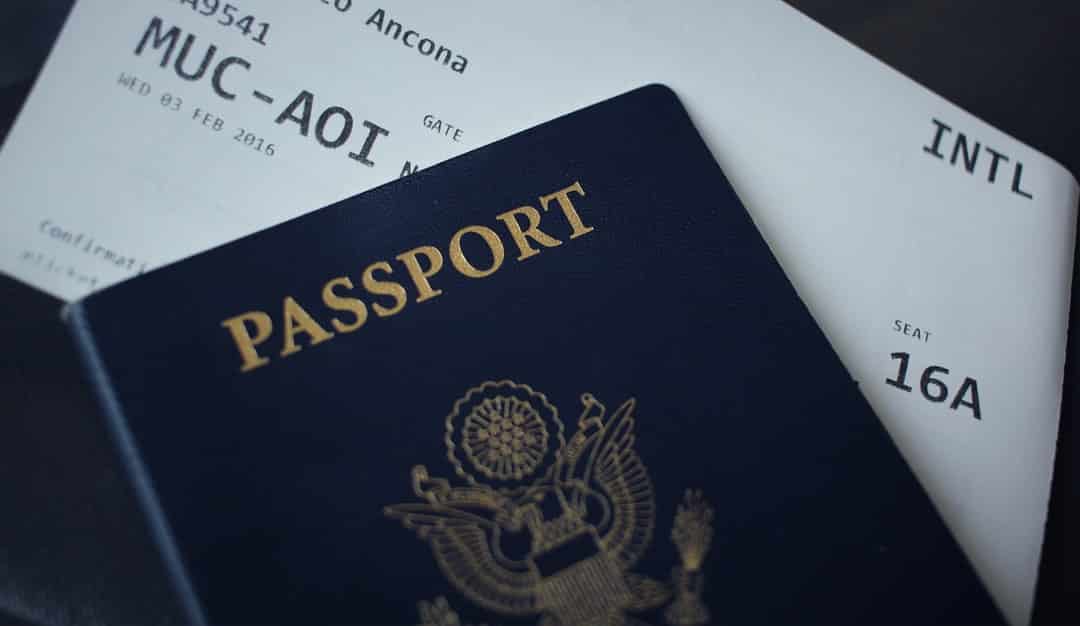The Netherlands no longer wants gender information on identity cards!

The Netherlands recently (once again) took an important step towards equality. A change is currently being planned which will mean that in future the gender of a person will not be stated on their identity card.
According to several media reports, the discontinuation of this statement will become topical in 2024 or 2025. An important milestone, in the context of which an important statement is made not only on paper.
Let's hope that the change will actually take place at that time.
Own identity more important than gender
The elimination of the gender statement would be a step in an interesting direction in many respects. After all, this approach underlines the statement that a person is characterised by much more than their gender. The "sorting" into these static categories would thus no longer be necessary.
But: said statement cannot (yet?) be made on passports. Because: the EU guidelines apply here... and these state that the information on gender must be documented. Among other things, this means that intersexual persons, for example, are forced to be put in a "drawer" in which they do not belong.
"Everything is not so bad!" - Oh yes it is!
People who feel 100% as a woman or a man often cannot understand the problems of those affected. After all, the relevant information is "only" a "small piece of information" about the person, isn't it?
No! Because: this "little edge info" can make a person feel not 100% accepted. At a time when the LGBTAs the Q community grows and more and more people dare to stand up for themselves, their bodies and their needs, it seems almost outdated to think in such rigid patterns and to put so much emphasis on a standardised statement.
What is the situation in Germany?
What many people don't know is that Germany has also reacted to the needs of many queer people and has also dispensed with the indication of gender on its identity cards.
In connection with passports, there is at least the possibility of opting for the indication "diverse", among other things - at least if an appropriate certificate is presented and further criteria are met. Those who suffer accordingly from the gender designation in their passport are well advised to contact the responsible offices and inquire about their individual options.
How important is gender actually?
The innovations around the Dutch identity card and the fact that it is currently also possible in Germany (albeit under certain conditions) to have one's diverse gender documented by an "X" in the identity card show that society is undergoing a particular transformation.
In politics, too, there is currently a change in thinking and the realisation that people should not be discriminated against on the basis of their gender, which can be more than "just" male or female.
Therefore, it can be assumed that - also due to the fact that there are so many gender variants in the meantime - the corresponding information will be completely dispensed with in a few years.
The result: a document that represents the openness of a society and is likely to make an important statement for future generations.
You might also like this post: Which home workout is best for me?
Keine Kommentare vorhanden